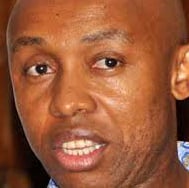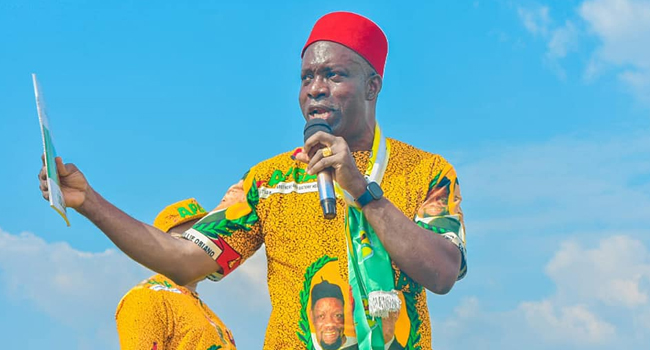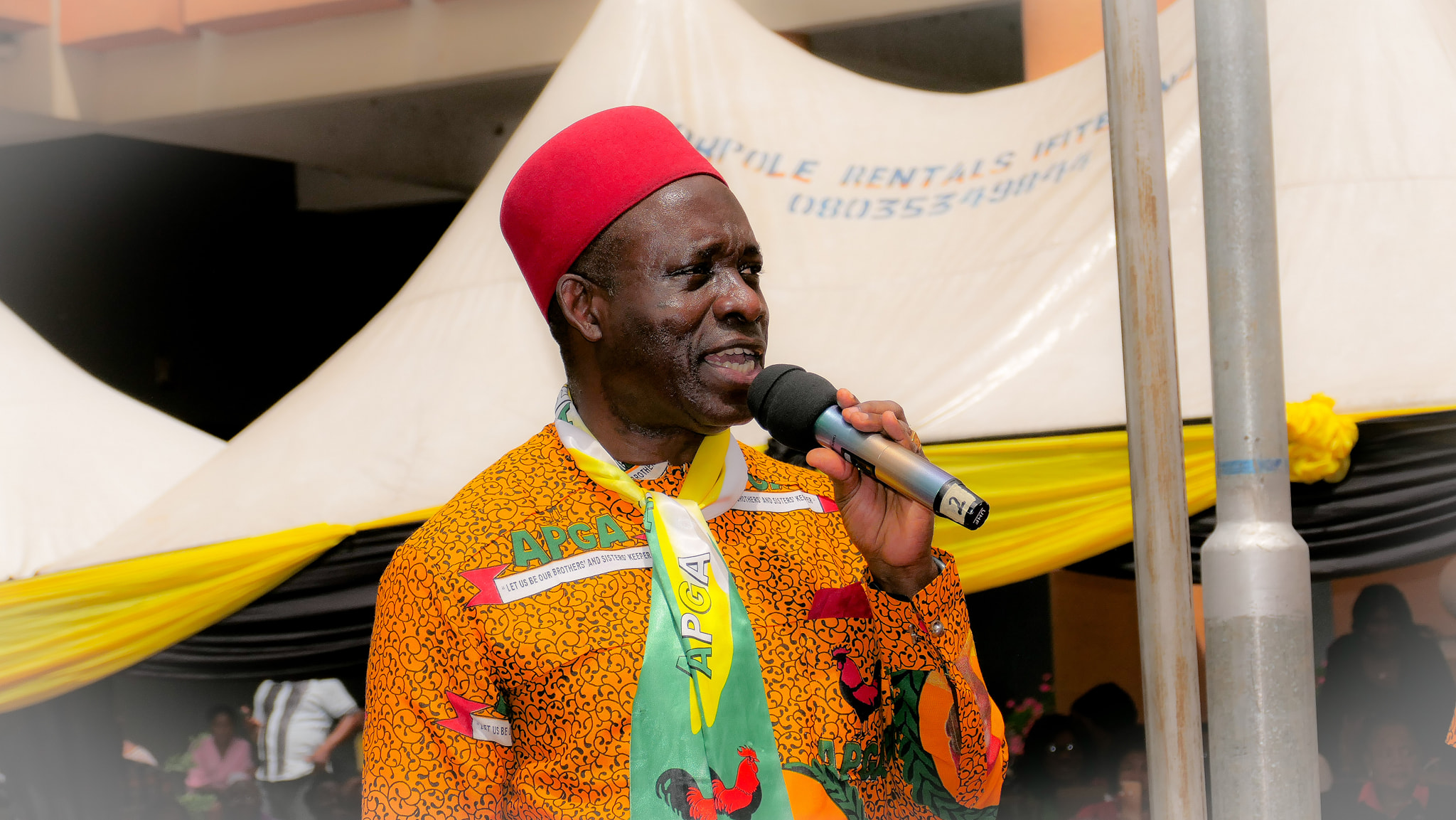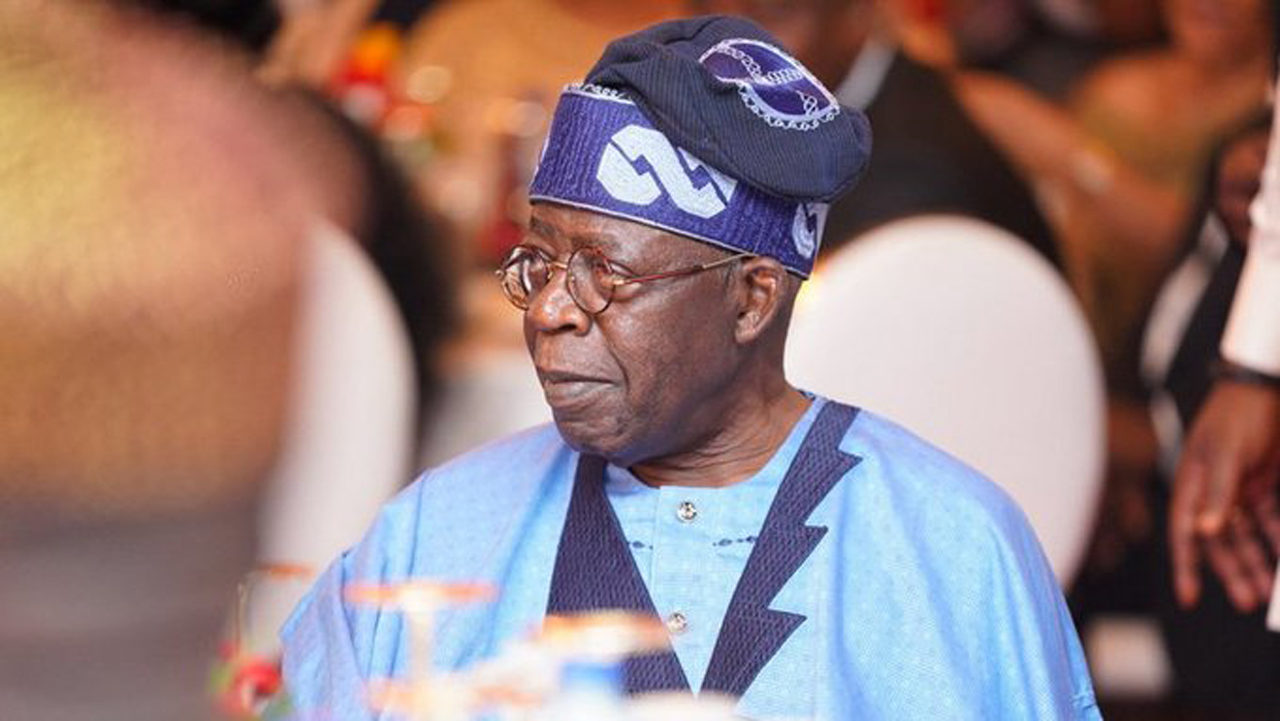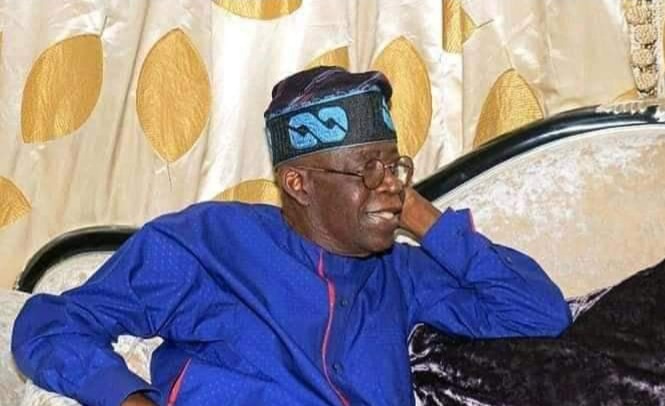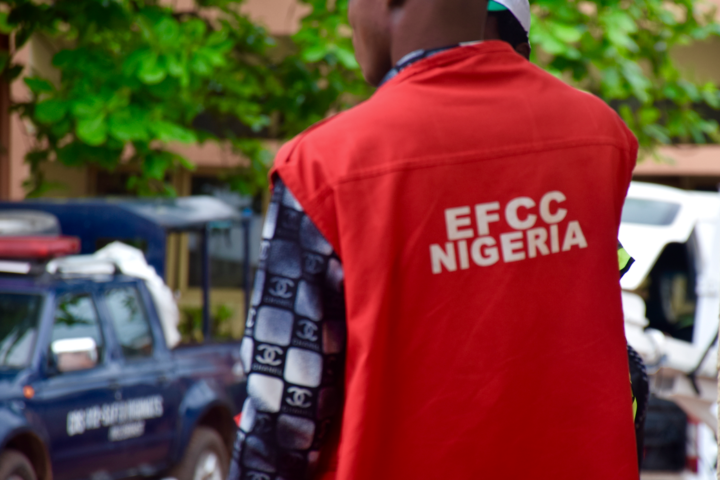“She said he made love to her like an intellectual. In the political jargon of those days, the word ‘intellectual’ was an insult. It indicated someone who did not understand life and was cut off from the people,” Milan Kundera, The Book of Laughter and Forgetting, p. 6 (1978)
Months before assuming office, governor-elect of Anambra state, Chukwuma Charles Soludo, has done a world of service to perceptions of south-east Nigeria and traditional ideas of politics in the region. At the end of a year in which news about south-east Nigeria was defined by the economic self-immolation of chronic #SitAtHome enforced with deadly violence by armed non-state actors; state-sponsored violence masterminded in some cases by governors in the region; widespread taunts of collective irrelevance; not to mention popular tropes of victimhood, Soludo transformed all that negativity in a stroke with the announcement of his transition committee (ANSG-TC).
Now that the ANSG-TC has been inaugurated, its first task is to help him calibrate expectations. Here’s why and a peek into how. For someone whose sojourn in the surreal world of Nigerian politics has been chastening to the point of brutal, Soludo’s first step as governor-elect showed an audacious understanding of both subliminalism and symbolism in power. His transition committee, comprised of 80 persons, has received mostly positive reviews for its “novel inclusiveness in terms of gender, geography and competencies of the members.” But its composition was clearly also designed to project a message beyond the borders of Anambra state of constructive identity-building and harnessing of human capacity for the one region in Nigeria characterised by net export of its best human assets.
Soludo’s implicit message with the composition of his transition committee is three-fold. First, is a constructive disposition that aims to project hope. Second, he clearly projects the message that the destinies of Nd’Igbo are joined inextricably and the job of rebuilding that requires all capable hands on deck. Third, he reassures anyone interested that Nd’Igbo have among them the calibre of hands needed to get that job done.
Advertisement
Former New York governor, Mario Cuomo, famously said of successful runs for office that “you campaign in poetry; you govern in prose”. Soludo’s campaign or what there was of it, regrettably, had no room for such luxuries and his tenure may require more artisanal than artistry. His emergence is a tribute to the iron will of Ndi Anambra, who saw off the best efforts of a malevolent political family to render the state hopelessly ante-diluvian. His run for office was forged in blood and his tenure, when it begins on March 17, 2022, will be defined by an in-tray full of crises that defy the constitutional capacities of any governor in Nigeria.
After a career at the highest levels of academia and technocracy outside Anambra and beyond Nigeria, Soludo the state governor will confront rather profound challenges at the retail end of life-and-death significance.
One is insecurity. It is the first order of business. Anambra, the smallest state in south-east Nigeria and the second smallest in Nigeria after Lagos, is nevertheless the epicenter of Igbo enterprise economy, which has been blighted by viral insecurity since the supreme court contrived to topple the legitimate governor elected by a neighbouring state and imposed on them the man who came a distant fourth in the ballot. In official Nigerian lore, security is guaranteed only by AK-47s and Tucano Jets. Such hardware and human assets for their legitimate deployment are constitutionally controlled, however, by an indifferent or incapable federal government. Standing down the democratization of violence in a state the size and density of Anambra will require skill, imagination and nous that cannot be found in the barrel of a rifle. For this task, Ndi Anambra have chosen to invest trust in a man whose surname translates into “follow (the path of) peace”.
Advertisement
Second, is a crisis of human ecology. Lagos may be the smallest state in Nigeria but it is gaining land-mass through land reclamation. What used to be Bar-Beach on the Atlantic coastline, for instance, is today a multi-billion dollar development known as Eko Atlantic City. By contrast, Anambra is losing land to arguably Nigeria’s most rampant crisis of erosion and human survival with over 900 active erosion sites. Entire villages in places like Nanka have vanished, swallowed by an angry earth, the inhabitants displaced eternally never to return. The Ecological Fund, a federal facility for these kinds of situations, has been dissipated by a tradition of grasping malfeasance.
Reimagining human settlement to precede the deployment of Soludo’s vision of a ‘One-City Mega-State’ will require the skills of a brain surgeon to stop further loss of territory first.
Third, is a crisis of energy. If Anambra is to realise the promise of powering up enterprise within its territory and in adjacent states of southeast Nigeria, it will need energy on a scale that is presently absent. States can invest in generating power but transmission not generation is the heart of Nigeria’s energy incapacities. Here the Transmission Company of Nigeria (TCN) a federal entity, has proved adept in ineptitude. Evacuating power and getting it to the homes of the people and factories in the Nnewi-Idemili corridor will be a challenge. It will not be enough to sell people the promise of solar energy. Apart from being beyond the reach of most, the factories in Nnewi will not power up their production and operability margins on solar.
Quite clearly, Soludo’s first step(s) as governor-elect appear to have inspired stratospheric hopes in Ndi Anambra and Nd’Igbo generally. In the state and on social media, the new slogan is #SoludoIsComing. That is not a bad thing. He is clearly a man whose every career platform has been defined by audacity. An academic of considerable distinction, a serial ideas-preneur and a professor of economics since he was 38, Soludo is also the youngest ever governor of Nigeria’s central bank(CBN).
As the chief economic adviser to President Obasanjo before becoming CBN governor, he was the architect of the National Economic Empowerment and Development Strategy (NEEDS), which drove Nigeria’s economy through its most promising growth spurt in the past four decades. As CBN governor, he engineered an ambitious consolidation of Nigeria’s banking landscape, which “led to a remarkable reduction in the number of banks from 89 to 24 in 2005; changed their mode of operations and their contributions to the nation’s economic development”. He has seen off murderous political hounds in one of the most bloody elections in Nigeria’s history.
These credentials inform the hopes of Ndi Anambra in the fruitfulness of Soludo’s history of leadership audacity.
Advertisement
Soludo is clearly impatient with the fate of a region that prides itself in the stagnation of cartographic identities that are not potable. The evidence is not hard to see that growth and progress correlate quite positively with potability of expertise and integration.
Lateef Jakande, a man from Omu-Aran in Kwara state, north-central Nigeria and a contemporary of Alex Ekwueme and Emeka Odumegwu-Ojukwu in King’s College Lagos, was also a Lagos boy who became unquestionably its most celebrated governor. In Kano, north-west Nigeria, Sabo Bakin Zuwo, a Nupe, with origins in north-central Nigeria, was elected governor in 1983.
In south-east Nigeria, by contrast, Igbo workers separated from their historical origins by lines in the sand drawn by military adventurers were made to die in penury after they were sacked for being so-called non-indigenes of states in which some of them had worked for over three decades.
Soludo clearly realizes that he will be navigating delicate borders of territory and habits. He knows that insecurity in the Anambra-Imo borderlands of Isseke, Lilu, Orsumoghu and Orsumenyi or in Umunze in Orumba or Amansea in the Anambra-Enugu borderlands, will not be fixed by Anambra state unilaterally. He needs advocates in those states. He will not be able to address any of these and more without a renewed public service. While focusing on those, he must find ways to limit the traditional political profiteers to minimal damage.
Keeping all these in focus will require the skills of a contortionist. That’s why the new government may wish to invest in managing expectations and in re-examining the appeal of heuristic metrics like “First 100 Days”.
Addressing what will be his confounding in-tray on that first day in office will require new partnerships with the people, communities, private sector, the diaspora and with internationals to overcome Nigerian-made obstacles. It will also require new standards of ethics in government that forge new bonds of trust to justify their investments. But because they are new, they will be resisted by entrenched interests.
Advertisement
Soludo has made it seem sexy to be called an intellectual. If he’s not a blow-out success, the same people who now adore him will be the first to cavil at how intellectuals cannot even make love and only know how, in Nigerian vernacular, to “speak grammar”. In his first steps, Soludo has shown he knows his biggest job will be to instill that intangible, hope, in Nd’Igbo generally. How to do that while keeping expectations from becoming disabling will define his record and, possibly, his legacy.
A lawyer and a teacher, Odinkalu can be reached at [email protected]
Advertisement
Views expressed by contributors are strictly personal and not of TheCable.
Add a comment
